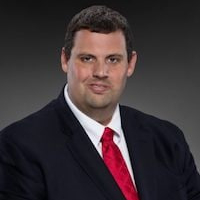Aragon DUI-DWI Lawyer, Georgia
Sponsored Law Firm
-
 x
x

Click For More Info:
-
Wiseman Blackburn, LLC
1510 Drayton St Savannah, GA 31401» view mapCriminal Defense Dedicated To You
Wiseman Blackburn serves Atlanta, GA with Criminal and Divorce and Family matters.
800-622-5610
Kerry Eston Hand
✓ VERIFIEDHere at Hand In Hand Law we practice law in the following areas Accident and personal injury, Criminal Defense, DUI, DWI, Bankruptcy & Debt, Divorce &... (more)
Thomas Ford
✓ VERIFIEDCory Yager
Cory Yager is a lawyer in Atlanta who focuses on Juvenile Crimes cases. He has tried cases involving expungement, traffic violations, solicitation, DU... (more)
Chimere Trimble
Chimere Chisolm Trimble is an award-winning attorney and passionate leader in the Georgia legal community, known for her work throughout South Georgia... (more)
M. Byron Morgan
✓ VERIFIEDByron has been practicing criminal defense and family law for over 28 years. Look at his website at www.byronthelawyer.com. Byron constantly has cli... (more)
FREE CONSULTATION
CONTACTFREE CONSULTATION
CONTACTFREE CONSULTATION
CONTACTFREE CONSULTATION
CONTACT Jonathan Hunt Savannah, GA
Jonathan Hunt Savannah, GA






